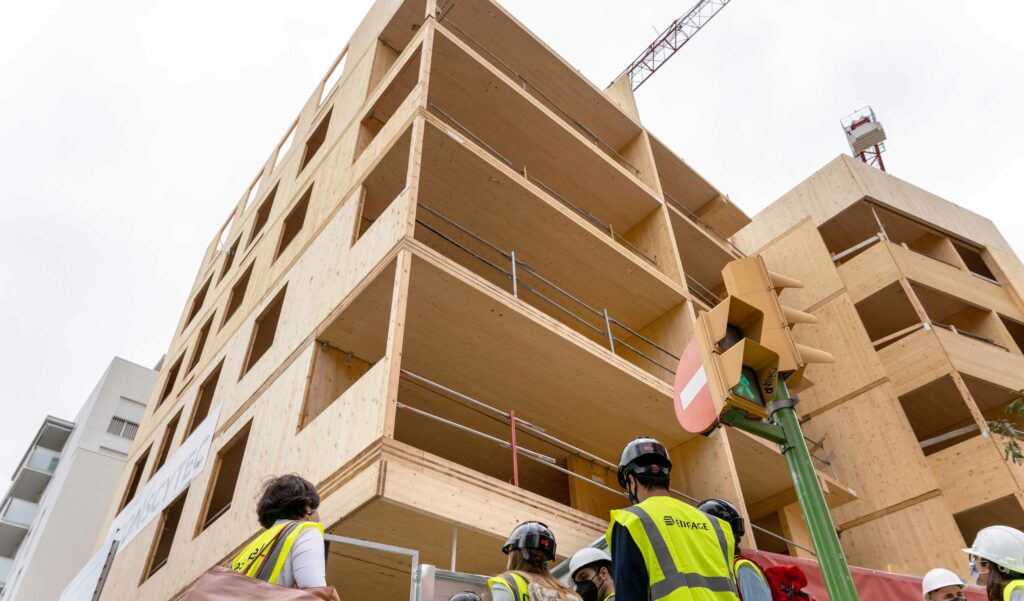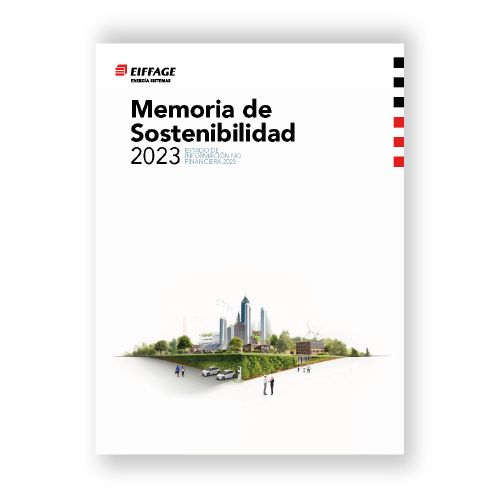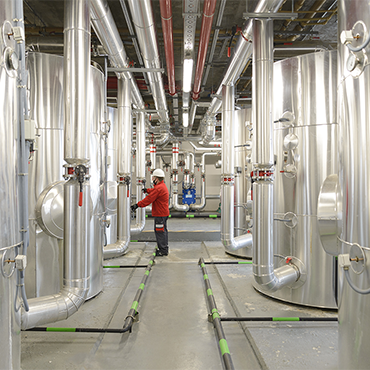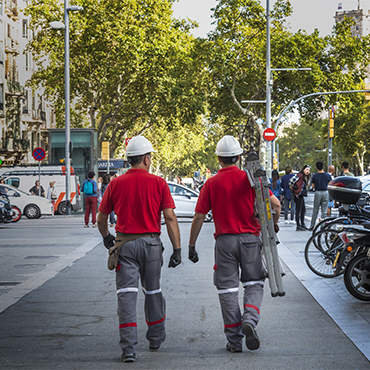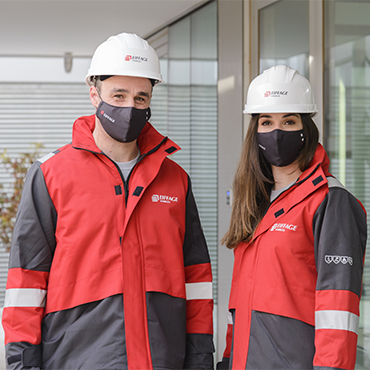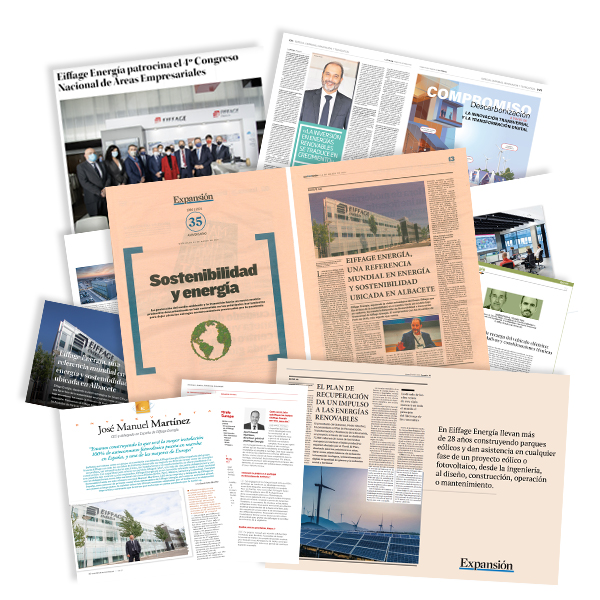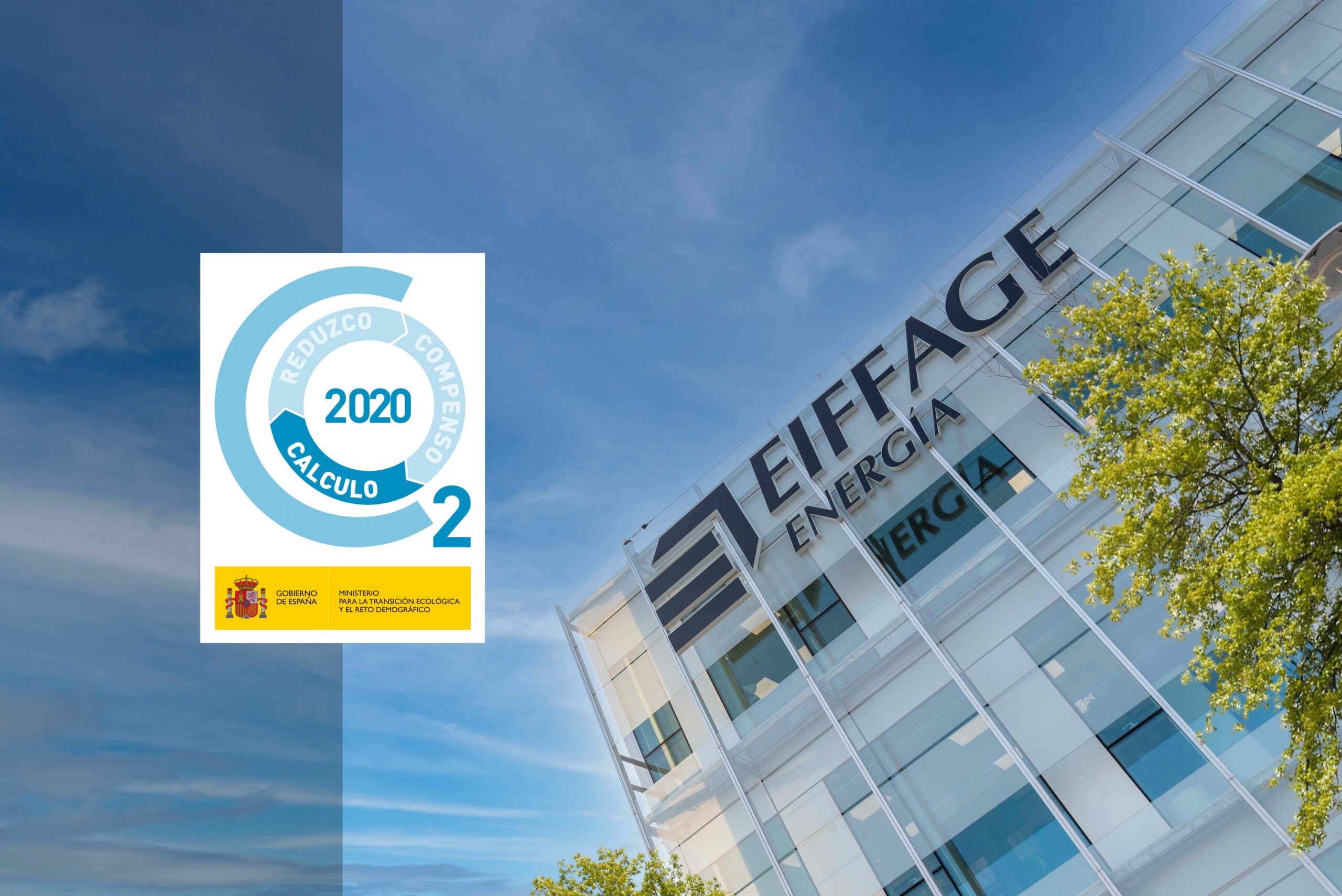The Ministry for Ecological Transition and the Demographic Challenge has registered the Eiffage Energy Group in the Register of Carbon Footprint, Offsetting and CO2 absorption projects.
Activities involving the design, implementation, commissioning and maintenance of electrical and mechanical installations; renewable energy generation and energy evacuation systems; construction of all types of building works; as well as the sale of electromedical equipment for diagnostic imaging and its technical assistance have been included.
This certificate pertains to Eiffage Energía and our subsidiaries Conscytec; Instalaciones Eléctricas y Bobinaje; EDS Ingeniería y Montajes, S.A.; Electromedical; Eiffage Energía México; and Eiffage Energía Chile.
The purpose of these credentials is twofold. On the one hand, it makes it easier for organisations to demonstrate their participation in the register and, on the other, it allows them to show the amount of effort they put in to the fight against climate change.
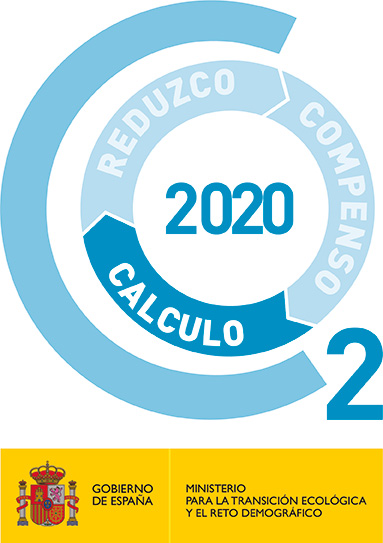
Eiffage has been publishing its internal carbon footprint since 2008, seven years before it became a legal obligation. Accordingly, we have focused our innovation policy and our R&D investment on the low-carbon economy.
Some of our major projects act as catalysts for solutions developed by all of our business lines. Far from being a constraint, low-emission construction is an opportunity to make a difference in the service of a shared sustainable development.
Renewable energies are one of the pillars of the company and are a sector in which we have been working for over 20 years. Eiffage Energía is responsible for nearly 80% of the Eiffage Group’s renewables activity worldwide, avoiding the emission of more than 13 million tonnes of CO2 per year into the atmosphere.
Sustainable construction
Furthermore, Eiffage Conscytec is using industrialised construction methods. These take the form of contra-laminated timber (CLT) frames, prefabricated bathrooms and façades with timber trusses.
This is a milestone that represents a radical change and improves project management; reduces construction times; considerably reduces the volume of waste and improves health and safety in construction. The aim is to sustainably contribute to the reduction of the carbon footprint of our projects.
